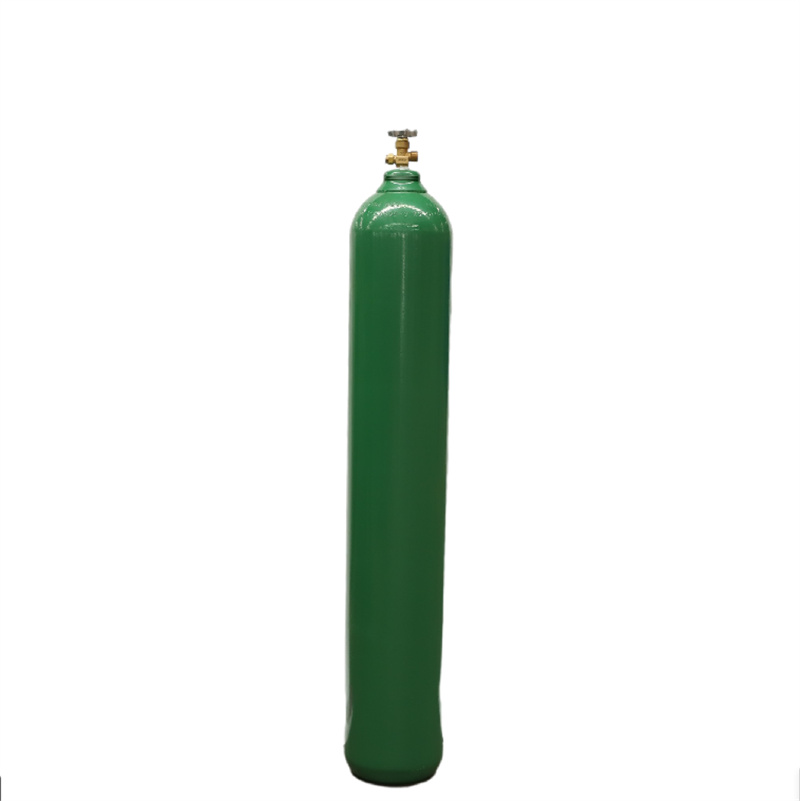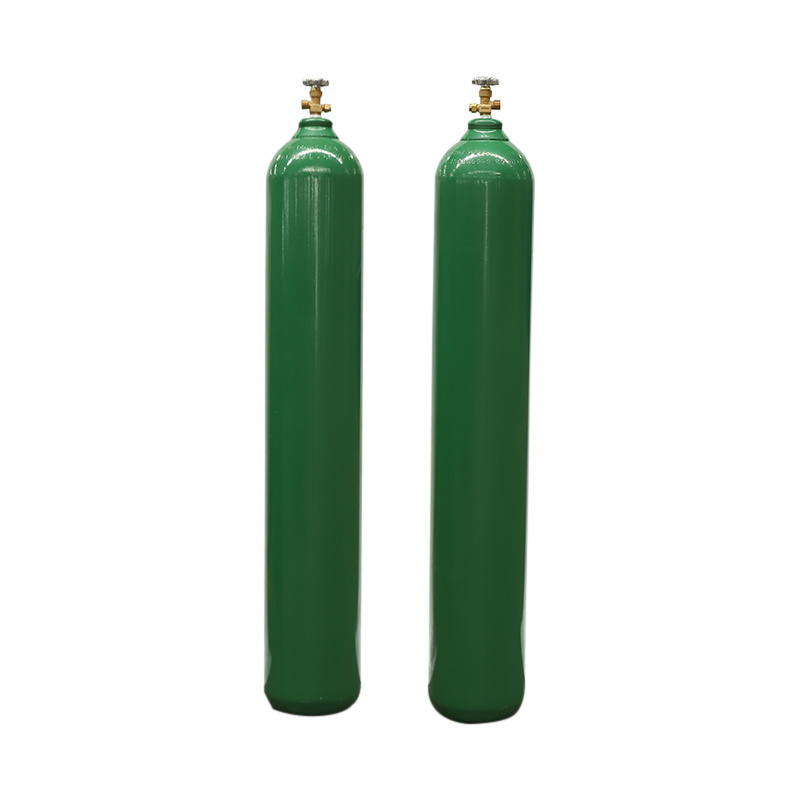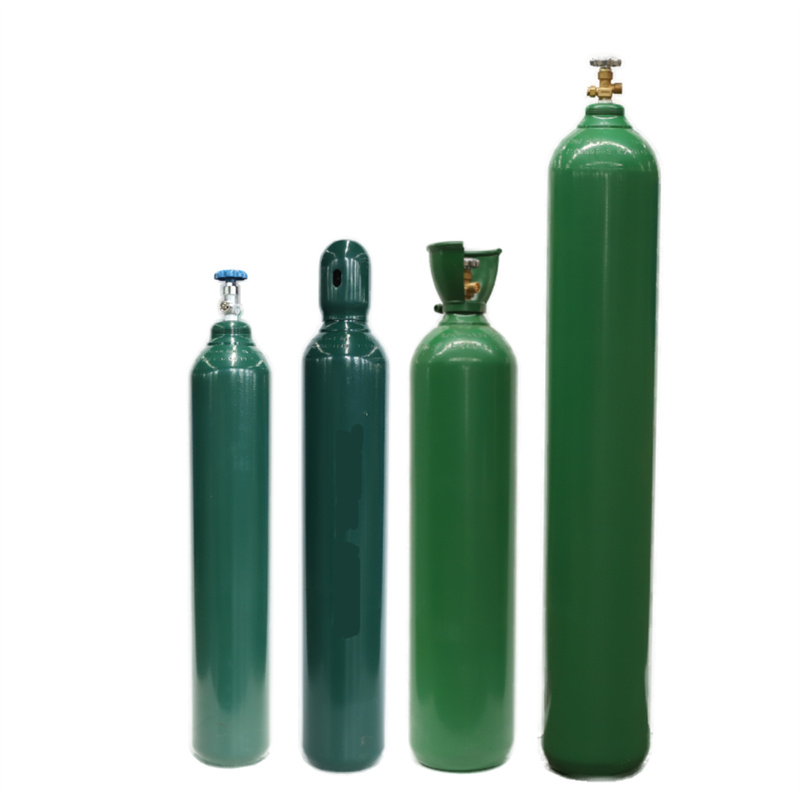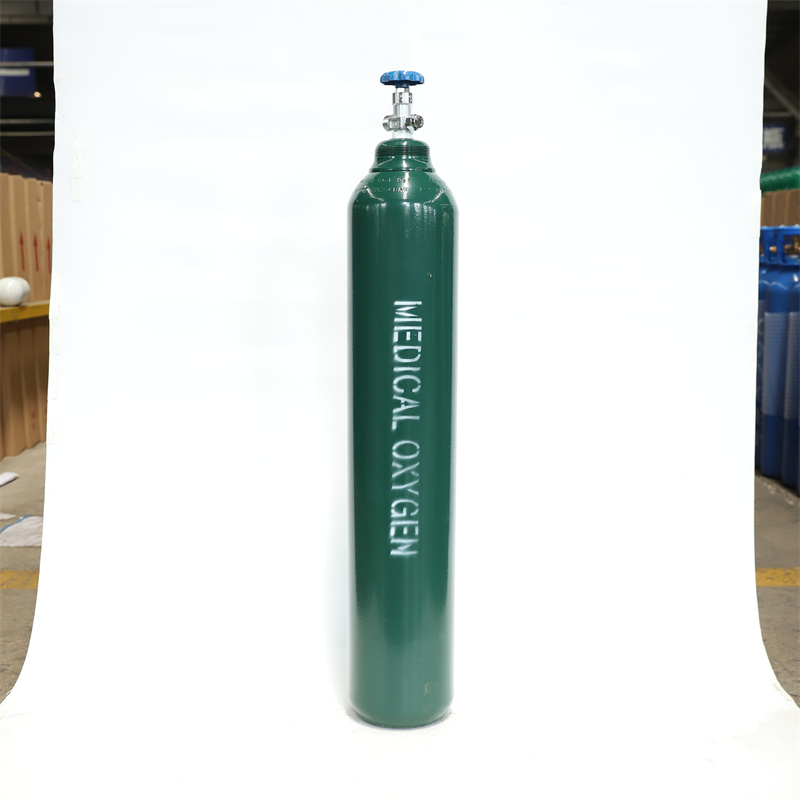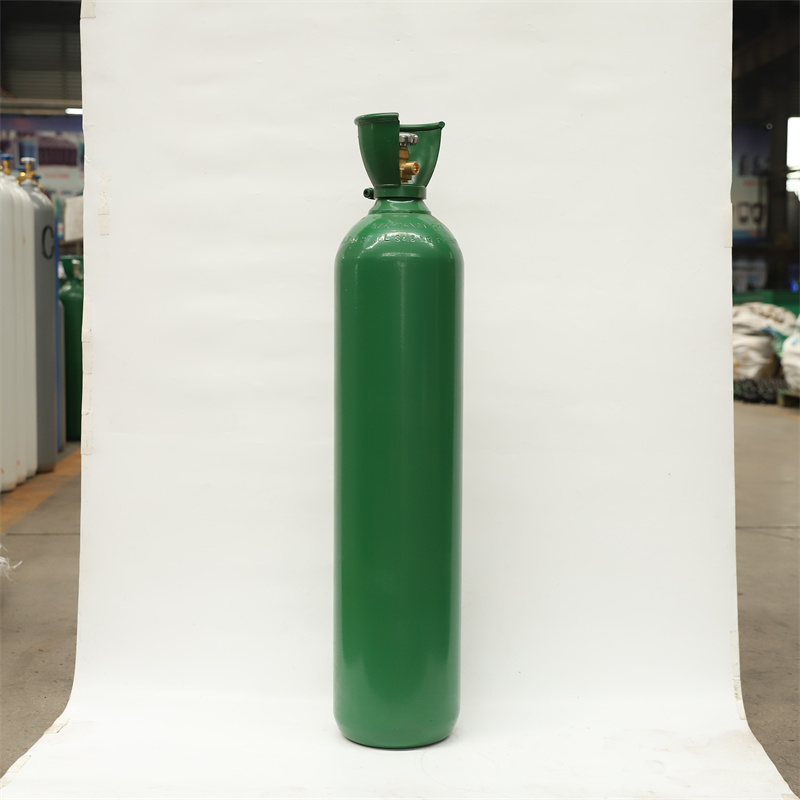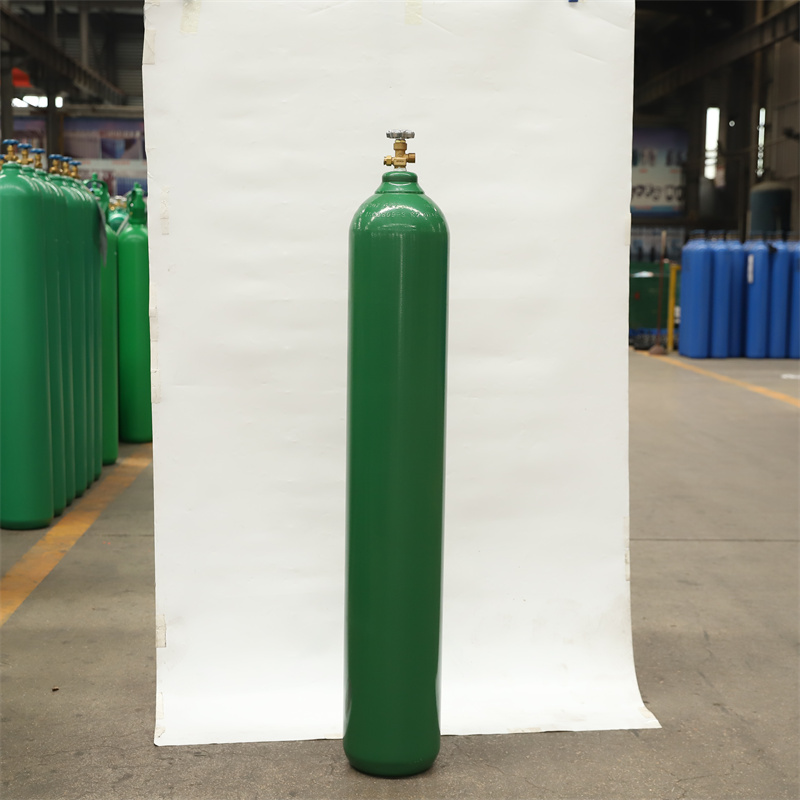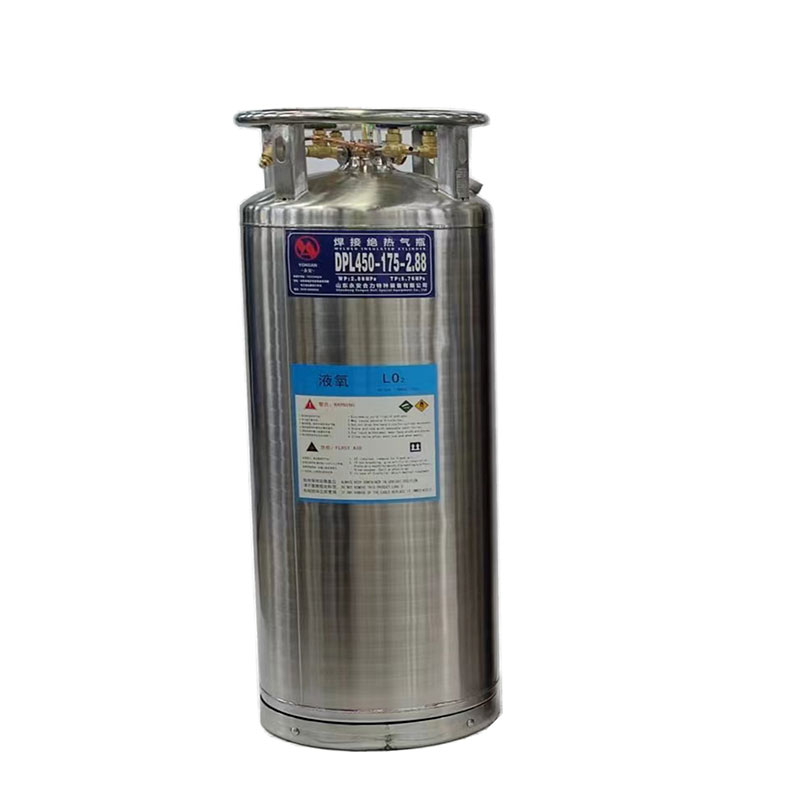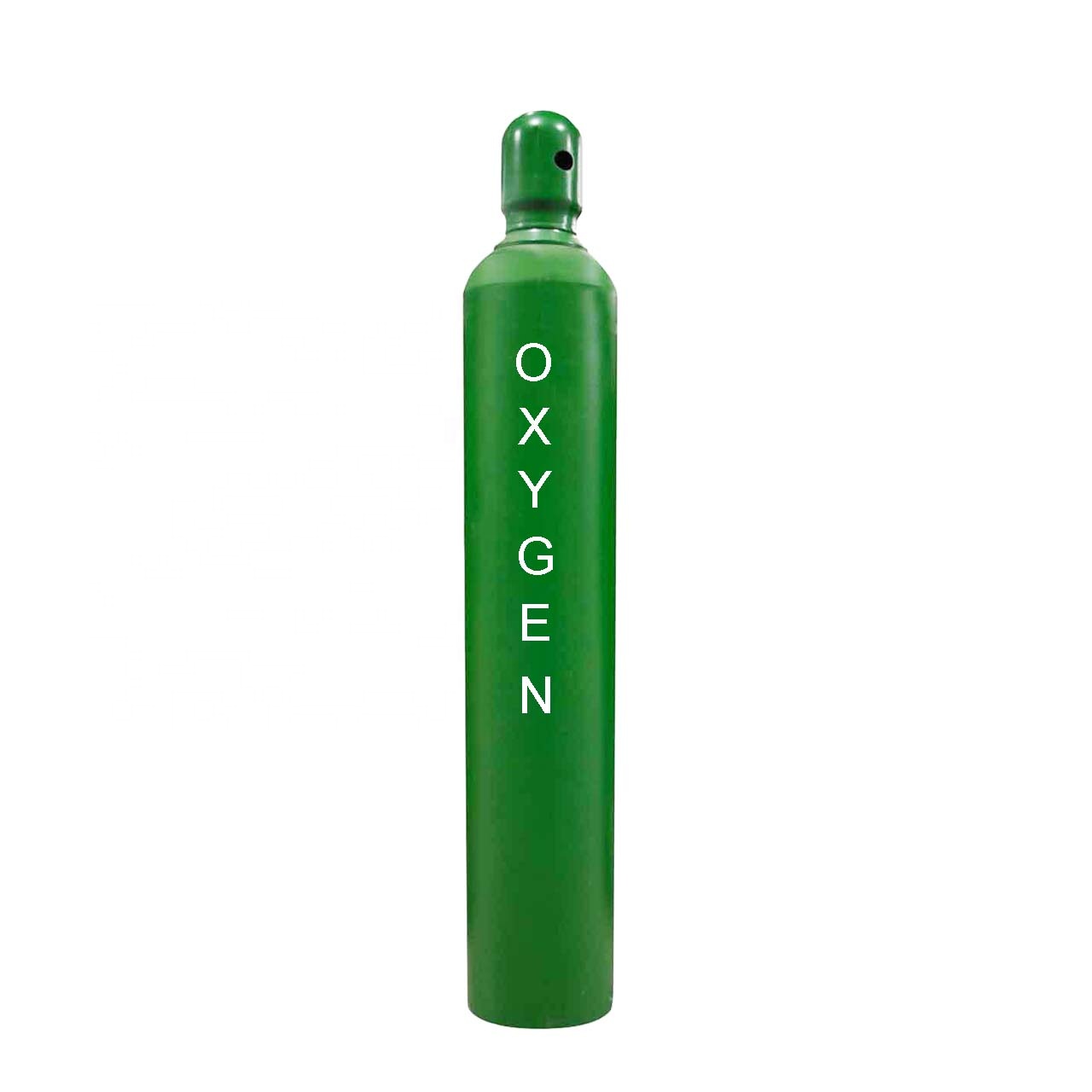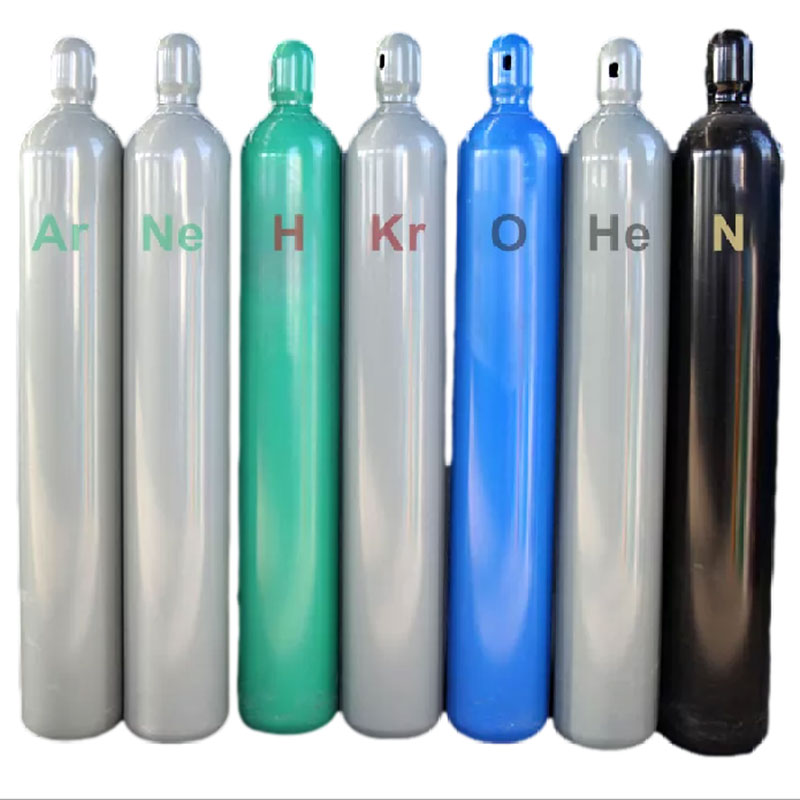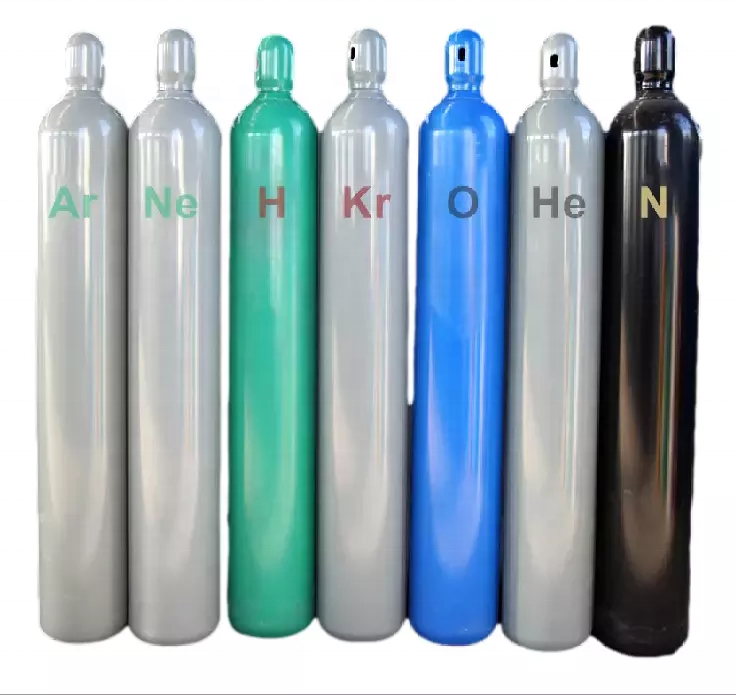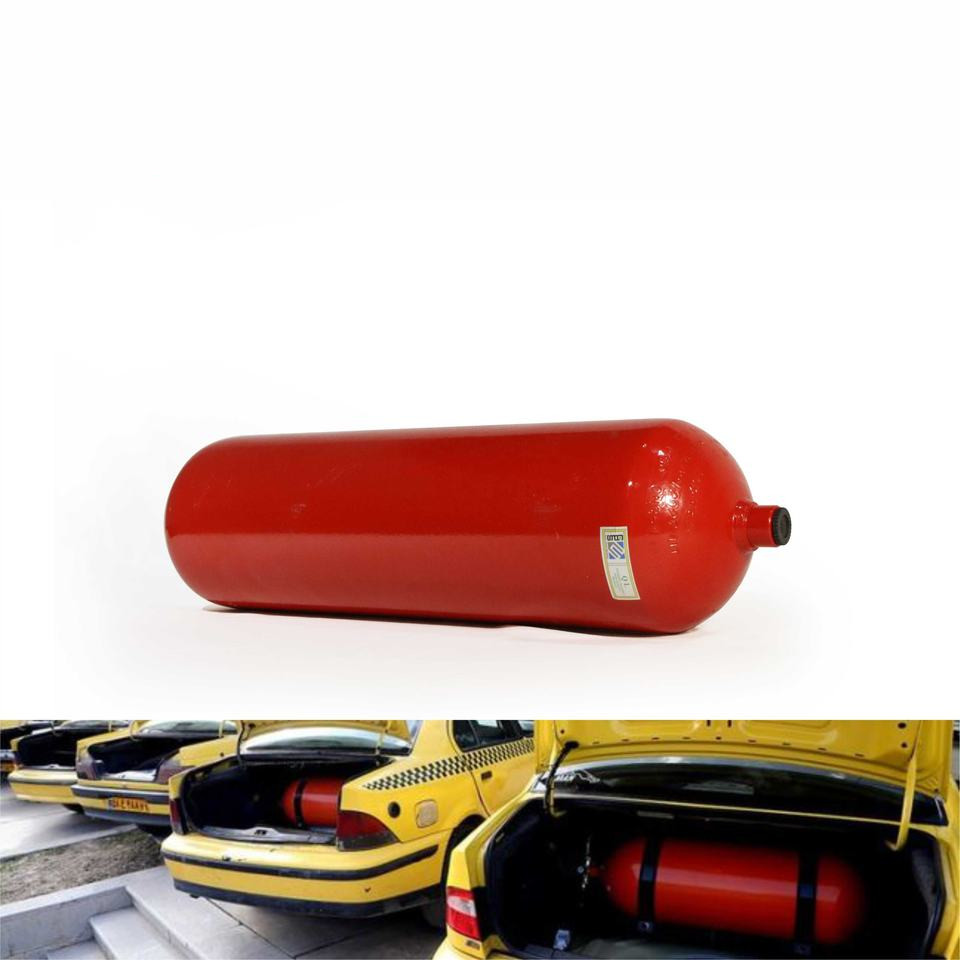
Products
Hydrogen gas cylinder
Application
1. In the petrochemical industry, hydrogenation is required to refine crude oil through desulfurization and hydrocracking.
2. Another important use of hydrogen is in the hydrogenation of fats in margarine, cooking oils, shampoos, lubricants, household cleaners and other products.
3. In the high temperature processing process of glass manufacturing and the manufacture of electronic microchips, hydrogen is added to nitrogen protective gas to remove residual oxygen.
4. It is used as the raw material for the synthesis of ammonia, methanol and hydrochloric acid, and as a reducing agent for metallurgy.
5. Due to the high fuel properties of hydrogen, the aerospace industry uses liquid hydrogen as fuel.
Notes on Hydrogen:
Hydrogen is a colorless, odorless, non-toxic, flammable and explosive gas, and there is a danger of explosion when mixed with fluorine, chlorine, oxygen, carbon monoxide and air. Among them, the mixture of hydrogen and fluorine is in low temperature and darkness. The environment can spontaneously explode, and when the mixing volume ratio with chlorine gas is 1:1, it can also explode under light.
Because hydrogen is colorless and odorless, the flame is transparent when burning, so its existence is not easily detected by the senses. In many cases, odorous ethanethiol is added to hydrogen to make it detectable by smell and at the same time impart color to the flame.
Although hydrogen is non-toxic, it is physiologically inert to the human body, but if the hydrogen content in the air increases, it will cause hypoxic asphyxia. As with all cryogenic liquids, direct contact with liquid hydrogen will cause frostbite. The overflow of liquid hydrogen and sudden large-scale evaporation will also cause oxygen deficiency in the environment, and may form an explosive mixture with the air, causing a combustion explosion accident.





